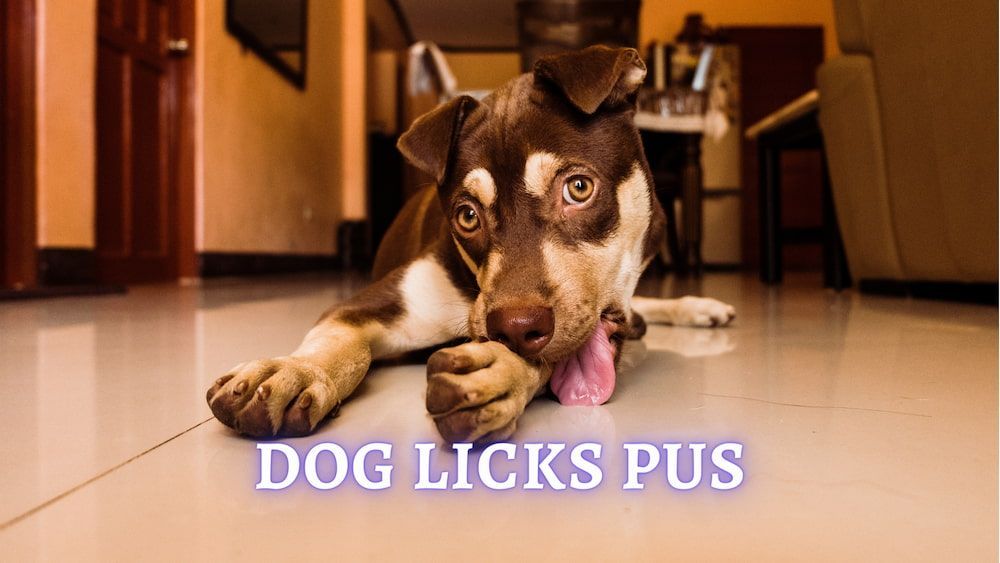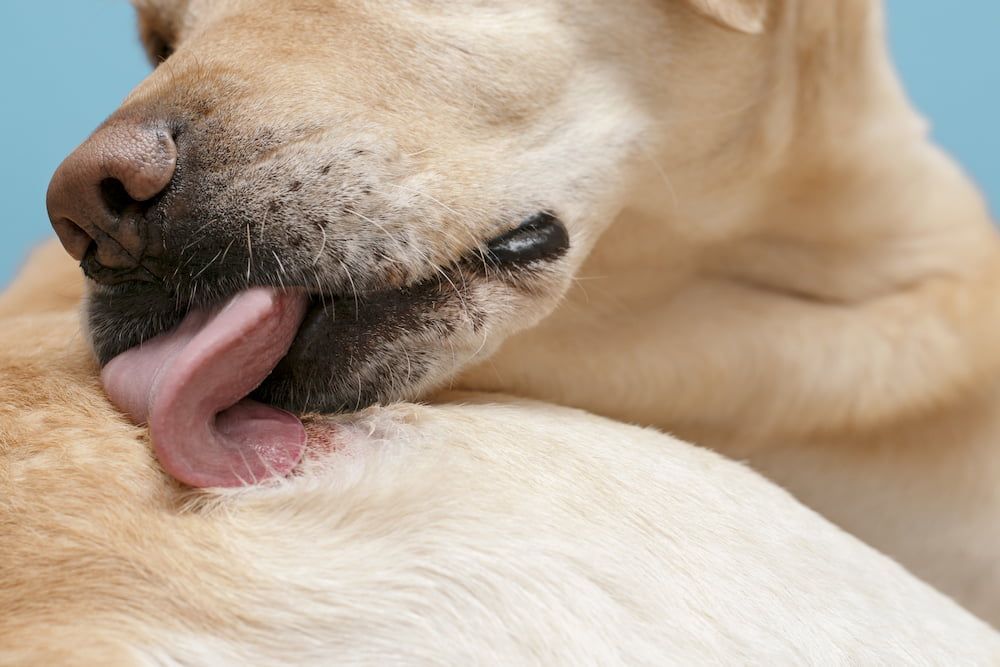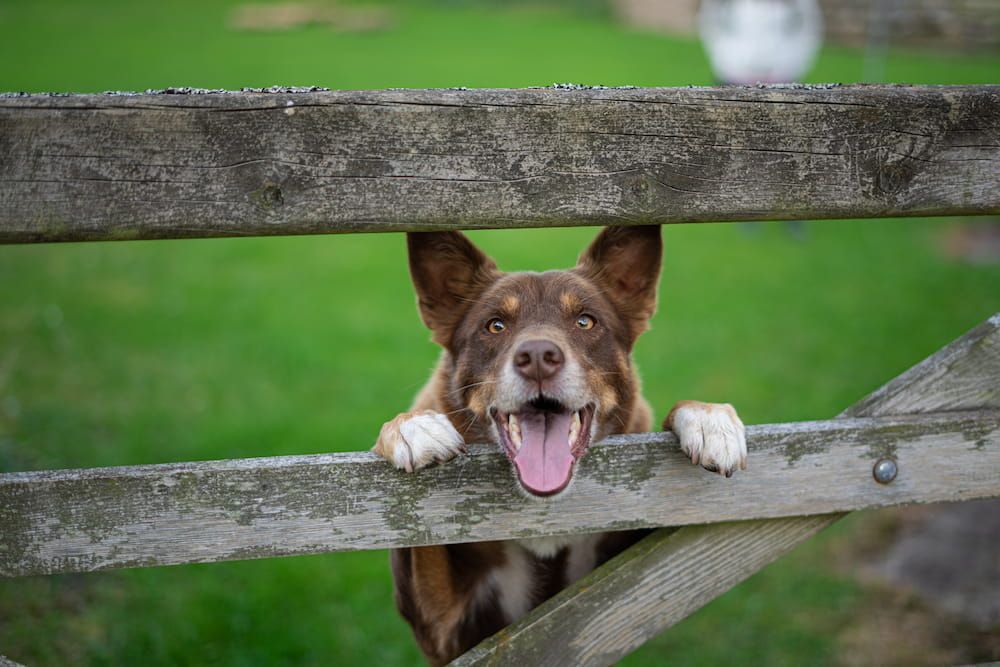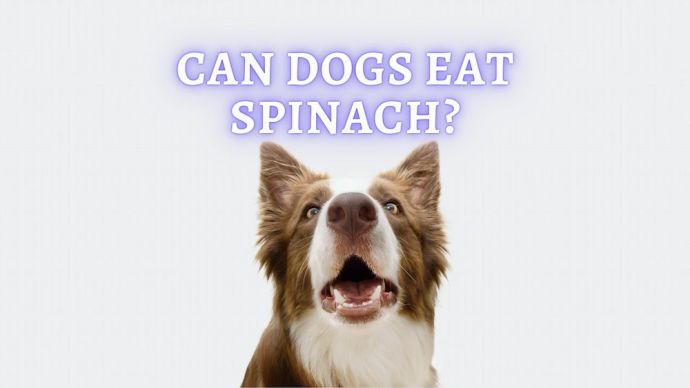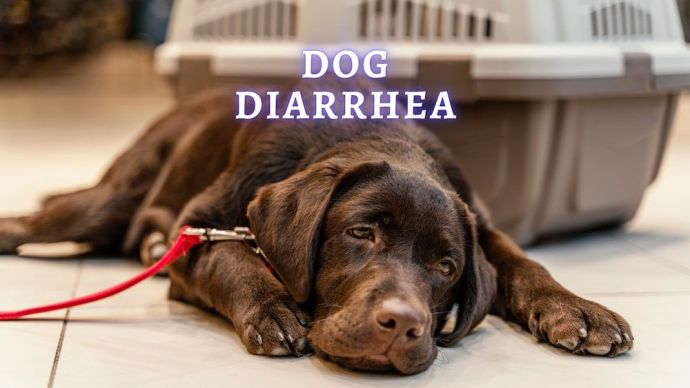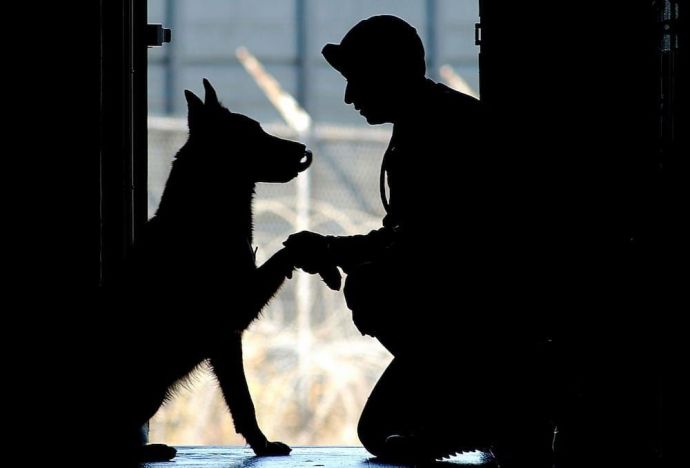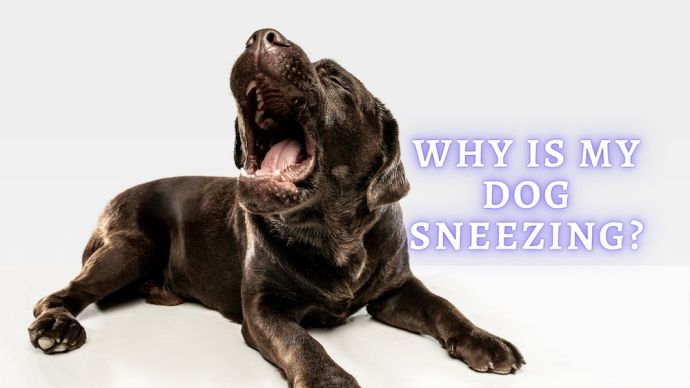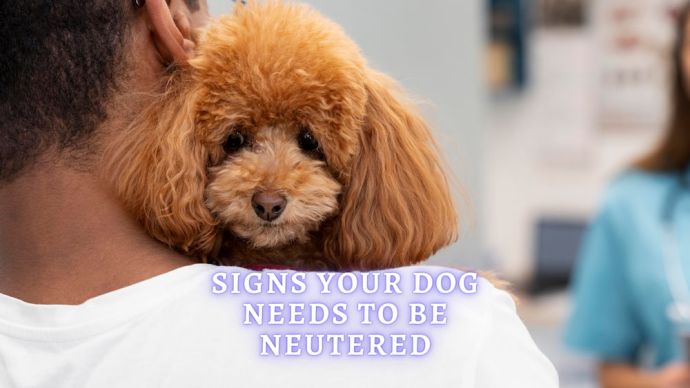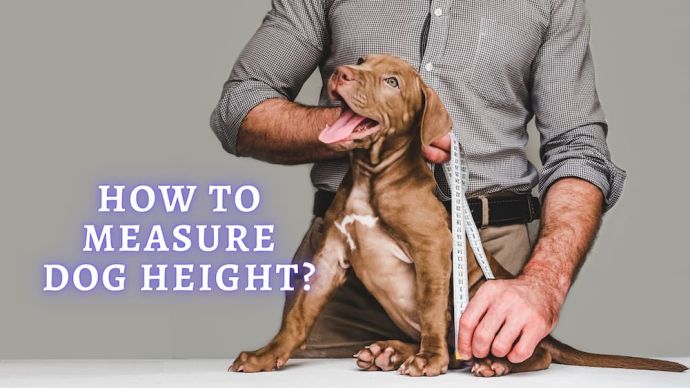Dog Licks Pus: Why Do Dogs Lick Pus or Wounds?
Written by:
Author: Vicki Smirnova
Vicki Smirnova is a professional writer and editor who adores animals and helps readers get along well with their pets. She has been working in digital media for more than 5 years and has great experience writing content about lifestyle, including pets. Vicki specializes in dog health and nutrition, cat feeding, dog training. She is an aquarium lover and is passionate to write about fish care at home. Also, Vicki headed several websites and worked as a news editor.
View all 245 articlesLearn about our editorial process and veterinary review board.
Reviewed by:
Veterinary review
by Dr. Linda Simon
Dr. Linda Simon is a veterinary surgeon working with seven years of experience. She is a fellow of the British Veterinary Association and specializing in animal medicine. Also, she has been the Woman magazine resident vet for the past two years and writes a regular column for them, focusing on pets and their health.
View all 30 articlesLearn about our veterinary review board
Viewed: 269
Updated on: 06/27/2022
One of the most common misconceptions among owners is that wound licking carries some benefit for the pet. Sometimes small wounds are left without care because the owners are confident that the pet will “lick itself better”. Dog’s saliva is not as healing as some owners believe. In fact, there is a high number of pathogenic bacteria in the dogs mouths, so licking will quickly cause infection of the open tissue and delayed wound healing.
Wounds are the most common type of injury in our pets. Damage occurs for various reasons and can include lacerations, bruises, stabbings, gunshot wounds and animal bites.
Insufficient or incorrect treatment of the injured area leads to infection. Bacteria proliferate and white blood cells rush to the area, resulting in the appearance of purulent (pus-producing) wounds in the pet. These lesions require special care and treatment as well as the use of prescription medicines. Infected wounds require professional treatment in a veterinary clinic.
Causes of wound suppuration:
- Poor hygiene during the treatment and dressing of the wound
- Incorrect or untimely treatment of the injured area
- Low immunity in the animal
- Low-quality nutrition and lack of vitamins
- Bacteria enter when the injury happens, for example, a dog bite. These wounds almost always become suppurative due to the amount of bacteria being ‘injected’ from the other dog’s mouth under the skin.
Regardless of wound size, the healing process of infected or purulent wounds takes longer. At the same time, dogs may develop symptoms such as a lethargic, apathetic state, an increase in body temperature, and sometimes the development of abscesses, severe tissue inflammation, infection spread and sepsis. Therefore, it is very important to pay due attention to the pet’s injury and to seek prompt care from a licensed veterinarian. Allowing your dog to licks pus of their wound can lead to undesirable consequences.
READ MORE: Best Dog Toothpaste
Why do dogs dog lick wounds?
Licking wounds is a natural pattern of pet behavior and dogs are genetically hard-wired to lick their injury. If the dog was injured, wounded, or underwent surgery, it will immediately begin to lick the painful spot. It can be difficult to prevent a pet from licking a dog’s wound even in a veterinary clinic. The animal tries to lick it as reflexively as a person scratches an itch. While the pet does not understand, their excessive licking will interfere with normal healing.
However, have you ever wondered why oral lesions heal a lot faster than those on the skin? Interestingly, dog saliva contains several compounds, including antiviral and antibacterial compounds, that can actually help wounds heal faster. A protease inhibitor found in saliva helps speed up the wound healing process. Pain relievers are also found in saliva, which can contribute to a speedy recovery.
Dog saliva is a wonderful thing. It ensures a pet can swallow and digest their food and it can support the immune system, helping to fight infections from entering the body. Often, when a dog gets injured, there is mud and dirt that enters the wound. Licking the wound, the dog cleans this dirt away, while stimulating blood circulation. Obviously, this sort of behavior has some benefits.
This is truly the best way to disinfect a wound for homeless or wild animals. However, we have access to advanced medical care for our pet and there are much more effective (and safe) ways of helping their wound healing.
In the wild, dogs would not tend to excessively licking wounds as they have other things to do, like roam, forage hunt and defend their territory. Pets tend to constantly lick, which will prevent healing. [1]
RELATED: Why Does My Dog Lick The Air?
Is a Dog’s Mouth Clean?
There is some evidence that substances are produced in the dog’s mouth that can prevent infection. In fact, these substances are present in all mammals. Almost all saliva contains enzymes that help protect the body from infection.
The mouth of a pet is no cleaner than a human mouth. Most likely, this myth came from the medical literature. Older studies have shown that wounds caused by human bites are more susceptible to infection than those caused by pet bites.
This has led many people to believe that there are fewer bacteria in a dog’s mouth than in a human mouth. More recent research has shown this view to be erroneous for two reasons. Firstly, a human mouth contains mostly human-specific bacteria, while a dog’s mouth contains canine-specific bacteria. It is much easier for humans to get infected by human bacteria. Some people think that a pet’s mouth is more sterile than a human mouth. In fact, the bacteria living in the mouth of different biological species are so different that they simply cannot be compared. [3]
Can a dog hurt himself by licking a wound?
Wound licking can cause discomfort as the pet can obsessively lick, causing a large amount of inflammation and localised pain. They often lick so much that the fur falls out, the skin thins and bleeding occurs around the wound. On top of this, your dog is creating more problems by introducing bacteria, which will lead to painful infections and slower healing times.
Dr. Linda Simon
All dogs have harmful bacteria in their mouth, but some more than others. If your pet has dental disease, the oral cavity is downright teeming with harmful bacteria. If the same bacteria get into the wound with saliva, infection and pus production will inevitably occur.
Another source of pathogenic bacteria is from the dog’s paws, genitals and anus, which can be licked as a pet grooms themselves. Traces of feces are often found in the mouth and, accordingly, in saliva. These substances can adversely affect wound healing.
How to Keep Dogs From Licking Their Wounds
You can use a protective veterinary collar (Elizabethan or Buster collar) to prevent your dog from licking a festering wound. In veterinary medicine, the following types of protective collars are used:
- Classic collar – has a conical shape, made of flexible transparent plastic
- Soft material tapered elizabethan collar – made of durable waterproof material that does not cause allergic reactions. They are characterized by increased wear resistance and will not tear even when chewed by a pet. However, such collars are not suitable for pets with long necks
- Inflatable collars – made from a flexible soft material, they are most effective for dogs with short legs that cannot physically reach the protective collar
It is advisable to purchase an elizabethan collar made of non-transparent plastic, which less obstructs the dog’s view. If it is not possible to buy a collar, you can make it yourself.
Never bandage an infected wound as this will worsen the infection and prevent tissue healing. Wounds need ventilation and pus needs to drain.
Dr. Linda Simon
Try also to distract the pet from the wound that is bothering her. For example, offer a chew or food puzzle to keep those restless teeth and tongue busy.
Regardless of which method of protection you choose, do not stop monitoring its effectiveness. If the animal shows anxiety, consult a veterinarian, as this behavior often indicates that the animal is in severe pain.
How to Heal a Dog Wound Fast
Each owner of the house should have a home first aid kit with a set of medical supplies with which you can provide first aid to the animal. This will usually include bandages, antibacterial plasters, a tourniquet to stop the blood, a set of disinfectants, and healing ointments.
When a dog is injured, the first thing to do is stay calm. If the bleeding is severe, then you need to apply a tourniquet above the wound area as soon as possible – it is not advisable to keep the tourniquet on for more than 2-2.5 hours (if it is impossible to apply the tourniquet, the blood can be stopped with a tight bandage).
The wound must be quickly treated. During swab or cotton pad disinfection, dirt and other foreign particles must be removed from the injury.
Cut the hair around the wound with scissors, so the fur does not fall on the injured surface, or shave carefully with a safety razor. Then treat the wound with dilute Hibiscrub or salt water. If the dog’s wound is large or deep, its edges are torn, and you suspect that tendons be injured, then after treating the wound and applying a bandage, take your pet immediately to the veterinarian.
If the wound becomes wet, pus is released from it, the tissues near the wound are hot, then most likely the wound is infected, so you need to take the pet to a veterinary clinic for additional help. [2] Indeed, any significant wound should be evaluated by a veterinary professional.
Can Dog’s Mouth Germs Get Humans Sick?
Dog saliva can be a carrier of infectious diseases. Children, the elderly, and immunocompromised individuals are at increased risk of infection.
Most often, humans become infected because they put their hands in their mouth after their hands have touched the infected dog. The dog may have feces on their fur, mouths or saliva, which can transfer the diseases. This is because dogs can lick their anus or stool-stained fur, especially when they have diarrhea.
READ MORE: Why Does My Dog Lick My Hands?
Infections that are most often transmitted to humans from dogs include:
Capnocytophaga canimorsus
The causative agent of infection with capnocytophages lives in the oral cavity of dogs. Human infection occurs through bites, scratches, and contact with saliva. Capnocytophaga canimorsus causes sepsis, meningitis, infective endocarditis, cellulitis, suppurative arthritis, and other life-threatening complications.
Rabies
Infection occurs through bites, scratches and any form of broken skin. Most dogs do not have rabies and will be routinely vaccinated against rabies. Both humans and animals are at risk of catching rabies from other animals, including dogs and bats.
Giardiasis
The main manifestations of giardiasis are allergic and pathological neurological reactions. The dog may have infected fecal matter on or near their mouths.
Echinococcosis
It is from dogs that humans most often become infected with echinococcosis, a disease caused by tapeworm larvae (cestodes). Transmission of the pathogen occurs through contact with the hair or saliva of the animal.
Dog tapeworm
An adult worm parasitizes in the body of a dog. Human infection occurs by accidental ingestion of an infected flea, dog lice, or through the saliva of animals.
Leptospirosis
Dogs excrete the pathogen in the urine. Licking the genitals, the pathogen can enter the dog’s mouth. Leptospira penetrates the human body through the skin (often damaged) or mucous membranes.
Pasteurellosis
An acute infectious disease is characterized by fever, general intoxication, skin inflammation, subcutaneous tissue, arthritis, and osteomyelitis. The disease is most dangerous in its septic form.
Toxocariasis
The primary source of infection for humans are dogs, especially puppies. Infection occurs by direct contact with an infested animal whose fur is contaminated with eggs. This disease can cause blindness in humans.
READ MORE: Why Do Dogs Eat Grass?
FAQ
Why does my dog lick pus?
A dog licks a wound can activate a part of the mind that momentarily blocks the pain. Another reason for licking a festering wound is the pet trying to remove pathogens and dirt. The behavior can become obsessive if the wound has been present for some time.
Should I let my dog lick an infection?
When licking the wound, the dog constantly interferes with the healing process and introduces more dangerous bacteria. Therefore, if the veterinarian recommends using a protective collar – follow his advice, do not remove it yourself, and licking should not be allowed.
Can a dog get sick from licking an infected wound?
A dog can bring more bacteria into the wound with their saliva. Wound licking can also cause irritation and damage to surrounding tissues and the wound itself. If the infection spreads, a dog can become quite unwell.
Why does my dog want to lick my infected wound?
This is the instinct of a dog. When your dog licks your wound, it is trying to help you heal. The dog may also like the taste of any blood or pus that is present. It goes without saying, never let your dog lick your wound, whether infected or not.
READ MORE: Why Do Dogs Eat Dirt
Article Sources:
- Glazko, Anthony. “THE MECHANISM OF THE ACTION OF SALIVA IN BLOOD COAGULATION | American Journal of Physiology-Legacy Content.” American Journal of Physiology-Legacy Content, 31 Dec. 1938, journals.physiology.org/doi/abs/10.1152/ajplegacy.1938.125.1.108.
- Benjamin N, Pattullo S, Weller R, Smith L, Ormerod A (June 1997). “Wound licking and nitric oxide”. thelancet.com/journals/lancet/article/PIIS0140-6736(05)63002-4/fulltext.
- Wright, Karen. “#62: Researchers Discover Why Wound-Licking Works.” Discover Magazine, 12 Nov. 2019, discovermagazine.com/health/62-researchers-discover-why-wound-licking-works.
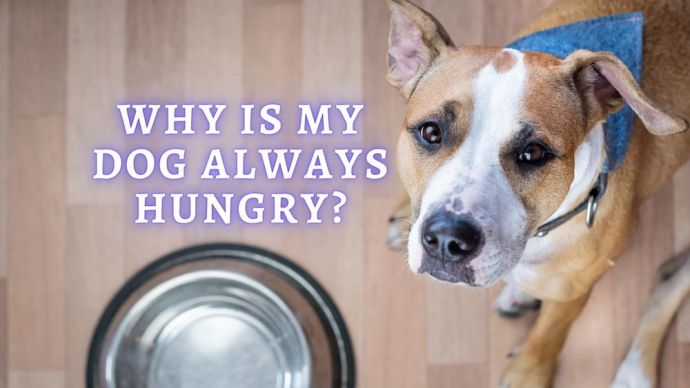 Dog Care Why Is My Dog Always Hungry? Reasons Why You Dog Always Begging For Food
Dog Care Why Is My Dog Always Hungry? Reasons Why You Dog Always Begging For Food - 4785
- 0
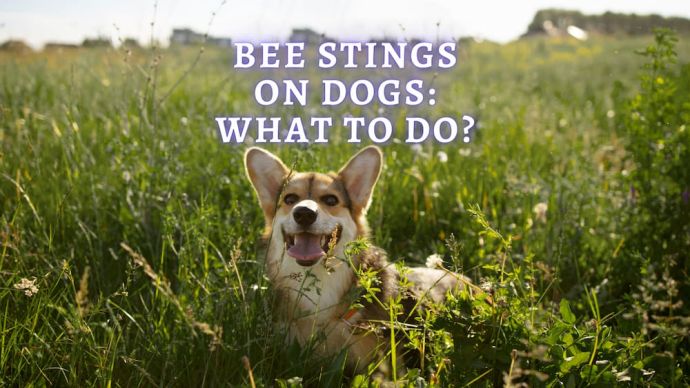 Dog Care Dog Stung By Bee: What To Do If Your Dog Gets Stung By A Bee? (Vet Approved Advice)
Dog Care Dog Stung By Bee: What To Do If Your Dog Gets Stung By A Bee? (Vet Approved Advice) - 49
- 0
 Dog Veterinary Tips Why is my Dog throwing up: Causes and Preventing (Veterinary Advice)
Dog Veterinary Tips Why is my Dog throwing up: Causes and Preventing (Veterinary Advice) - 21356
- 5
 Dog Care My Dog Keeps Scratching His Mouth: Reasons Why Your Dog Scratching Face
Dog Care My Dog Keeps Scratching His Mouth: Reasons Why Your Dog Scratching Face - 16544
- 1









